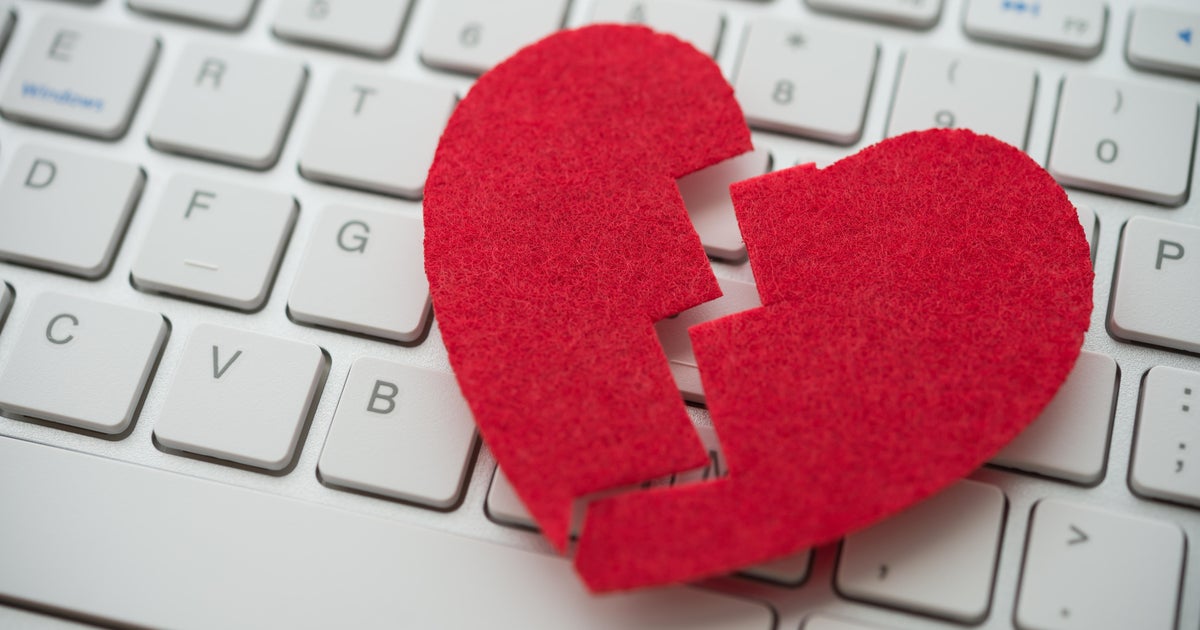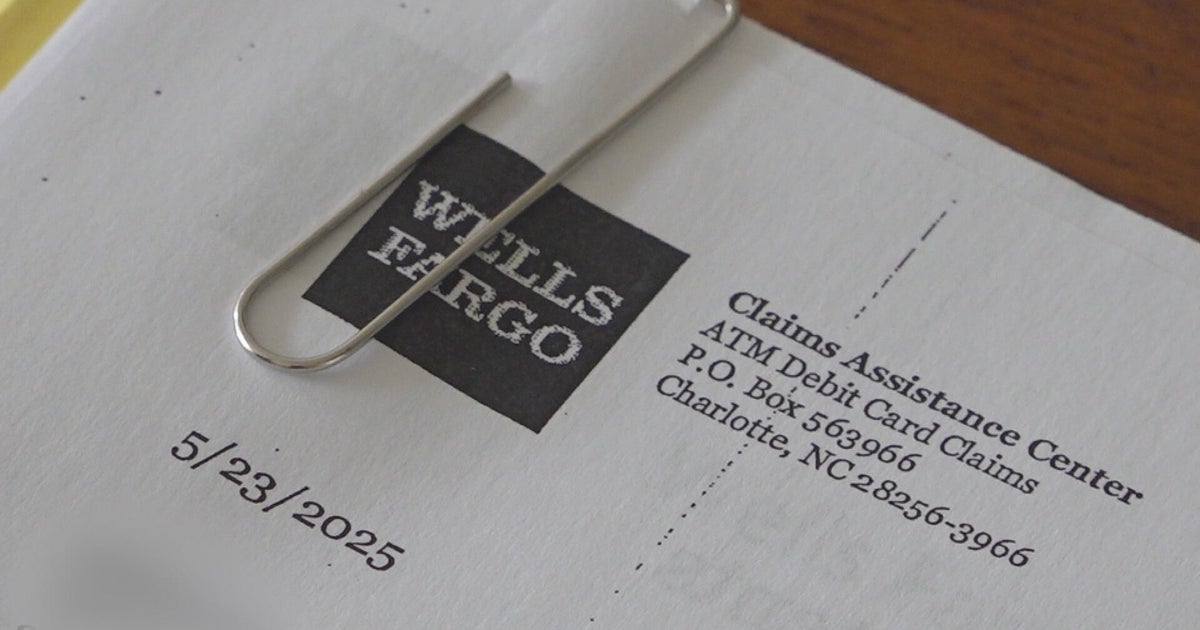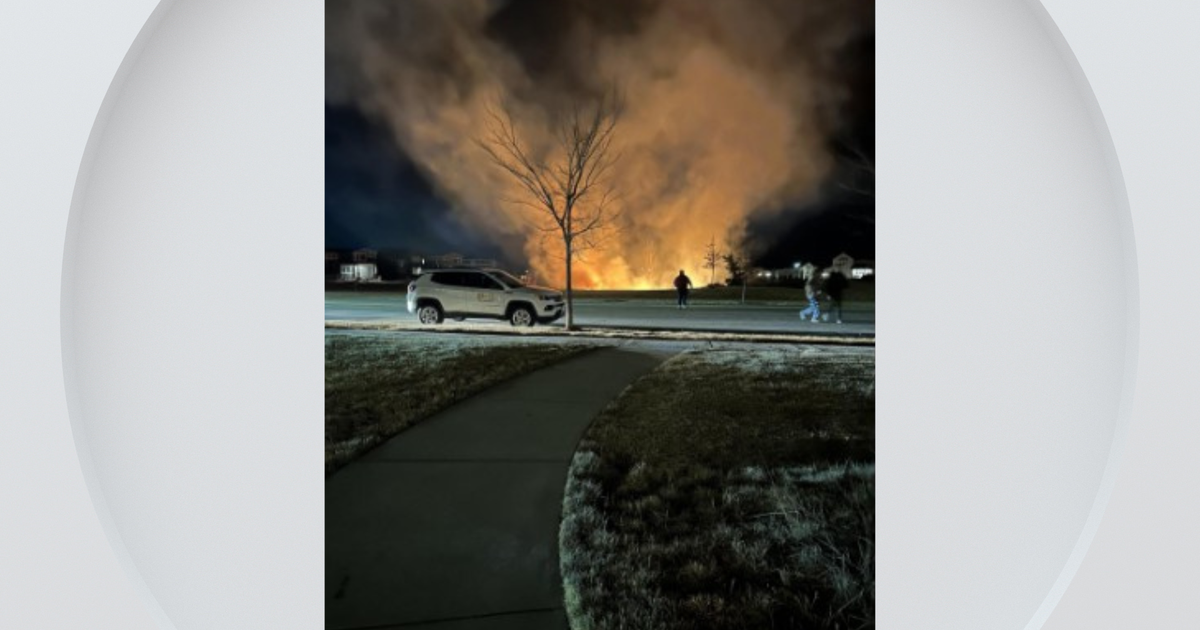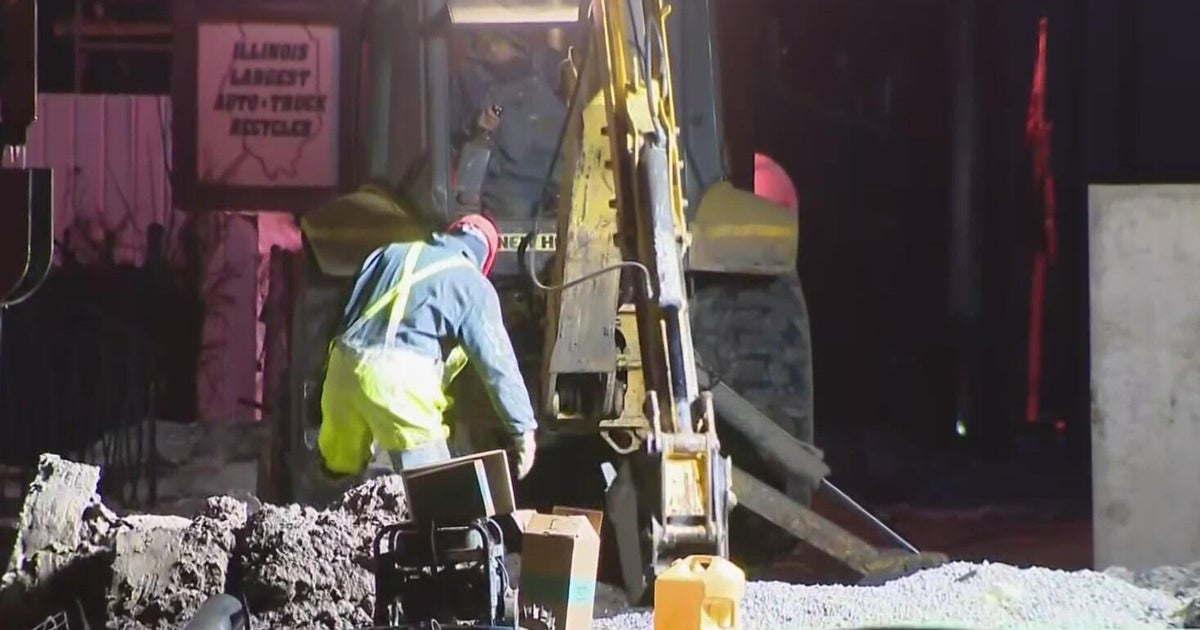Haven't Received 2nd Stimulus Check? Here Are 4 Reasons Why
DALLAS (CBSDFW.COM) - A second round of federal stimulus checks are now hitting people's bank accounts and arriving in mailboxes. Last month, Congress approved $600 direct payments for most Americans. Unlike the $1,200 stimulus payments from the CARES Act that took months to distribute, the IRS has until January 15 to get the second round of payments out. Any payment not issued by that date will have to be claimed as a tax credit on a 2020 federal tax return.
While millions of Americans have already received their stimulus checks, here are potential reasons why you may not have received your money yet.
1. Paper checks and debit cards still going out – The IRS is still in the process of sending out paper checks as well as payments on debit cards.
Those who received a paper check or debit card during the first round of stimulus payments will likely receive their second payment the same way unless they set up direct deposit when filing a 2019 tax return.
You can check the status of your payment by using the IRS online Get My Payment tool.
2. Income - The other main reason you may not have seen a check is because of your income.
Lawmakers lowered the income threshold for the second stimulus payments.
The cutoff for even a reduced payment is $87,000 for a single person and $174,000 for a married couple.
3. Changed bank account or address - If you recently changed bank accounts or your home address, the IRS says there is no way to update your information this time before the payments are sent.
The IRS says people with new bank accounts will have to wait and claim their stimulus payment as a credit on their 2020 federal tax return.
4. Unprocessed 2019 tax return - Last month, the IRS reported more than 7.1 million 2019 tax returns still had not been processed.
Most of these were paper tax returns. While the IRS says its quickly processing these returns, the second round of stimulus checks is based on 2019 tax returns.
Without a processed tax return, some taxpayers may not receive an advance on their stimulus payment.
Bob Probasco, tax expert with Texas A&M University School of Law, said this may be the biggest issue with people not receiving their stimulus checks.
"Covid just created huge backlogs for the IRS when they were closed down and when they were working with a short staff," Probasco said. "There are still a lot of unprocessed returns. Some of those 7 million were filed by April 15th and still have not been processed."







